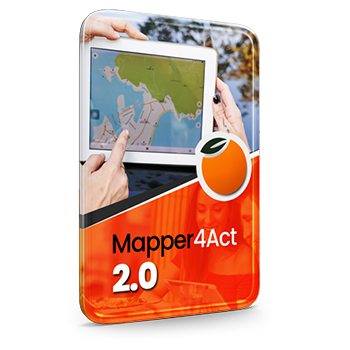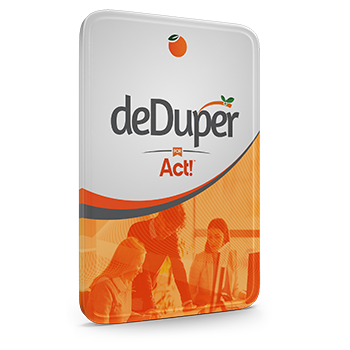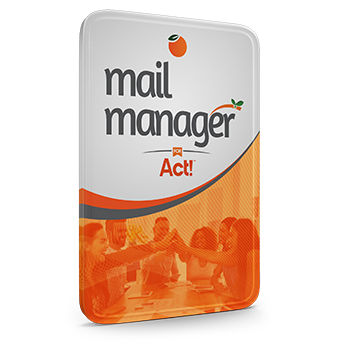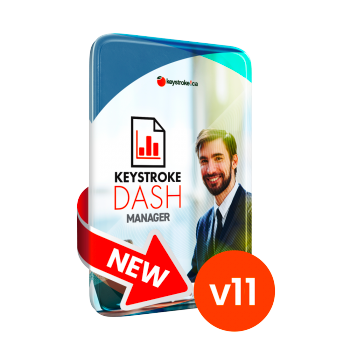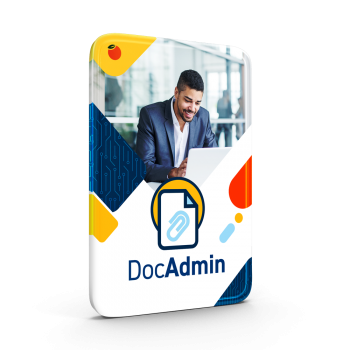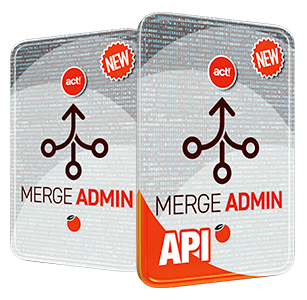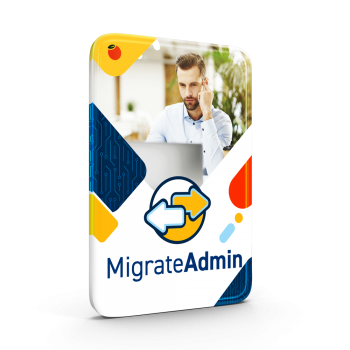The Act! Web API is a crucial component of the Act! subscription, yet many users are not familiar with it. With the recent announcement that Act! Connect Link (ACL) will be deprecated at the end of this year, it’s important to understand how the Act! Web API service functions and what changes will occur post-ACL.
Firstly, it’s essential to distinguish between the Act! Web API service and the publishing of the Act! Web API—they are separate functions.
Secondly, there are two types of Web API features: Internal and External. Internal features, such as Dynamic Dashboard, Insight Reporting, the Welcome page, and Office integration, work out of the box without any setup and will remain unaffected by the ACL retirement. External features, like Act! Marketing Automation (AMA), Act! Companion, Linktivity, and Zapier connectivity, require the Web API to be published online, which some Act! customers achieve using ACL.
Act! Premium Cloud customers are unaffected by these changes since Act! handles the API publishing for them, allowing immediate use of all internal and external API features. However, self-hosted Act! customers must either set up ACL to publish their Web API or have their IT team use conventional Microsoft publishing tools like Internet Information Services (IIS).
Local Act! Web API Service & Internal Features
The Act! Web API service is installed locally with the Act! Premium software, enabling internal features to function immediately as the data and service interact locally (see image below).
Online API and External Features
External features like AMA and Act! Companion connect to the locally installed Act! Web API service externally once it’s published online. For instance, AMA updates the database through the published Web API to record click-through results and trigger additional workflows. Similarly, Act! Companion allows mobile devices to connect to databases via the published API to manage contact and calendar details.
What Does ACL Do?
ACL provides several services for publishing the Act! Web API:
- It creates a secure tunnel to the Internet, allowing external access to your Web API service and database without configuring port forwarding on your router.
- It assigns a unique address on the Internet for your Web API service and database.
- It provides a secure SSL certificate to ensure encrypted and safe connections.
Post-ACL Retirement
Once ACL is retired, self-hosted customers will need to:
- Install Act! Premium for Web on a network computer to configure IIS for Web API publishing.
- Obtain a Static IP or DynDNS for an Internet address.
- Configure the router to forward HTTPS requests to the network computer publishing the Web API.
- Install an SSL certificate to ensure secure Web API publishing, as AMA requires SSL.
While the initial setup task is straightforward, the remaining steps require technical expertise. Therefore, we recommend most Act! subscribers migrate to Act! Premium Cloud. The cost difference between Act! Premium and Act! Premium Cloud is minimal, but the benefits and ease of use heavily favor APC.
Summary
The Act! Web API service offers significant CRM value to Act! subscribers. Self-hosted customers must plan for the ACL deprecation to maintain access to these services. Larger customers with IT resources can continue publishing their Web API, but for most, switching to Act! Premium Cloud is advisable to ensure full value from their Act! subscription and access to exclusive APC features.



